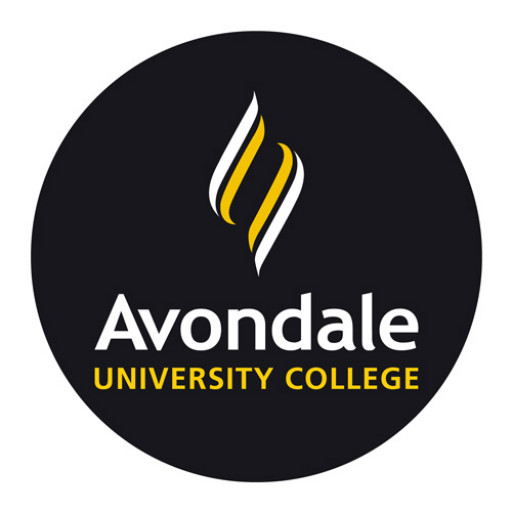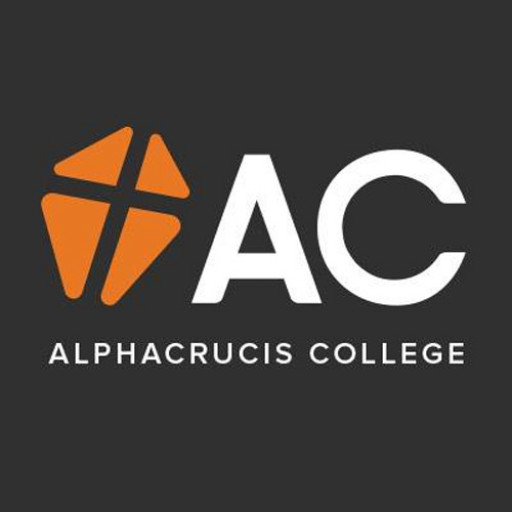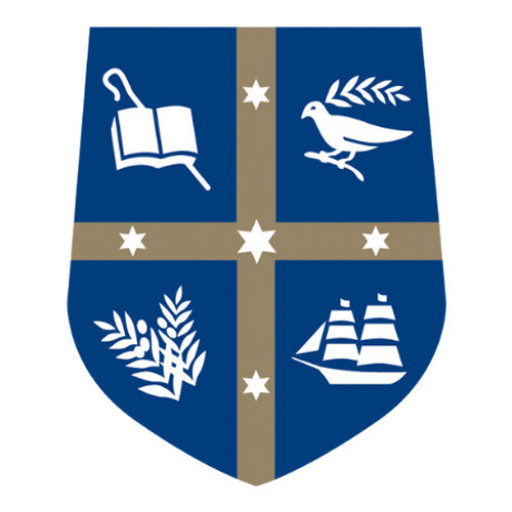Photos of university / #universityofgroningen
The Theology program at the University of Groningen offers students a comprehensive and in-depth exploration of religious beliefs, practices, and institutions across different cultures and historical periods. Designed for those interested in understanding the role of religion in human society, the program combines rigorous academic research with practical insights into various theological traditions. Students will engage with a wide range of topics, including biblical studies, theology, philosophy of religion, interfaith dialogue, and contemporary religious issues. The curriculum encourages critical thinking and analytical skills, enabling students to evaluate religious texts, doctrines, and practices within their cultural and historical contexts. Through a combination of lectures, seminars, and research projects, students will develop the ability to interpret religious phenomena and communicate their understanding effectively. The program also emphasizes the importance of interdisciplinary approaches, incorporating perspectives from history, anthropology, sociology, and literature. Practical skills such as academic writing, presentation, and discussion are integral to the coursework, preparing students for careers in education, research, interfaith dialogue, or roles within religious organizations. The university’s vibrant academic community offers numerous opportunities for internships, conferences, and collaborations with experts in the field. Graduates of the Theology program will be equipped with a broad, nuanced understanding of religious diversity and contemporary issues facing faith communities worldwide. The program aims to foster open-mindedness, respect for different beliefs, and a critical approach to religious studies, making it ideal for students passionate about exploring the spiritual and cultural dimensions of human life.
The Bachelor's degree in Theology at the University of Groningen offers students a comprehensive and profound exploration of religious beliefs, sacred texts, and theological concepts from historical and contemporary perspectives. This programme is designed to provide a solid foundation in the academic study of religion, combining elements of biblical studies, history of religions, systematic theology, and ethics. Throughout the programme, students engage with a diverse range of religious traditions, including Christianity, Judaism, Islam, and other world religions, fostering a broad and inclusive understanding of spiritual and religious diversity.
The curriculum emphasizes critical thinking, analytical skills, and methodological approaches necessary for academic research in theology and religious studies. Students will examine sacred texts in their linguistic, historical, and cultural contexts, developing skills in interpretation and contextual analysis. They will also explore major theological themes such as faith, morality, divine justice, and human existence, gaining insights into how religious beliefs influence societies and individuals. The programme encourages active participation through seminars, discussions, and research projects, promoting independent thinking and scholarly inquiry.
In addition to core religious texts and doctrines, the programme includes courses on the history of Christianity and other religions, as well as contemporary issues surrounding religion in society. Students learn about the role of religion in history, politics, art, and culture, understanding its impact on social development and individual identity. Ethical considerations and moral philosophy are also integral parts of the curriculum, enabling students to critically engage with moral dilemmas from theological perspectives.
The programme also emphasizes developing practical skills such as academic writing, presentation, and research methodologies, preparing students for various careers in education, publishing, intercultural dialogue, or further academic study. With a focus on both historical and modern perspectives, students leave the programme equipped with a well-rounded understanding of religious phenomena and their significance in a globalized world.
The University of Groningen’s supportive academic environment, combined with international perspectives and opportunities for exchange programmes, enriches students’ learning experience. Graduates of the Bachelor’s in Theology are well-prepared to continue with Master’s studies in Theology, Religious Studies, or related fields, or to pursue careers in multicultural organizations, education, journalism, or public service where knowledge of religion and intercultural competence are essential. The programme aims to foster thoughtful, critical, and ethically responsible individuals who can contribute to societal understanding and dialogue regarding religion and spirituality.
Bachelor's Programme in Theology at the University of Groningen requires students to fulfill a combination of general university entrance requirements and programme-specific prerequisites. Prospective students must have completed secondary education equivalent to the Dutch pre-university education (VWO) with a strong emphasis on subjects such as religious studies, philosophy, or social sciences, demonstrating their aptitude for academic study in theology. Proficiency in English is essential; therefore, applicants must submit proof of their command of the language through recognized tests like IELTS (minimum score of 6.0) or TOEFL (minimum score of 80), or equivalent qualifications.
In addition to language proficiency, applicants are expected to submit a motivation letter outlining their interest in theology, their academic background, and their career aspirations related to religious studies, ethics, or social issues. Some applicants may be required to participate in an interview, either in person or online, to assess their motivation and suitability for the programme. The programme is designed to provide a comprehensive foundation in religious traditions, theological thought, biblical studies, and methods of academic inquiry, preparing students for roles in religious organizations, academia, or social activism.
The curriculum includes core courses in Old and New Testament studies, systematic theology, ethics, and the history of religion, supplemented by elective courses allowing specialization in areas such as Islam, Judaism, Buddhism, or contemporary ethical debates. Practical components such as internships or community engagement projects are integrated to enhance applied understanding. To successfully graduate, students must complete all required coursework, participate in seminars, and write a final thesis that demonstrates their ability to conduct independent research in theology. The entire programme emphasizes critical thinking, intercultural understanding, and ethical reasoning, equipping graduates with both theoretical knowledge and practical skills relevant in a globalized world.
The University of Groningen offers various funding options for students enrolled in Theology programmes. Tuition fees for international students vary depending on the specific programme and student nationality, with detailed information available on the university's official website. To support students financially, the university provides a range of scholarships and grants, including the Eric Bleumink Fund, which offers financial assistance to talented students from developing countries to pursue master's degrees at Groningen. Additionally, there are talent scholarships, faculty-specific scholarships, and government-funded grants that students can apply for, depending on their nationality and academic background. Students are encouraged to explore external funding opportunities as well, such as Erasmus+ grants for European students and other national scholarship programs applicable to their home country. The university also provides information on student loans and part-time employment options on or off-campus to help students manage their expenses during their studies. International students should review the specific eligibility criteria and application procedures for each funding source well in advance of their planned enrollment date. It is important for prospective students to consult the university's official admissions and finance pages regularly to stay updated on new funding opportunities, application deadlines, and detailed conditions. While the university strives to make studies accessible through various financial aid options, the cost of living in Groningen should also be considered, including accommodation, health insurance, and daily expenses. Overall, funding for Theology studies at the University of Groningen is designed to support both domestic and international students financially throughout their educational journey, allowing them to focus on their academic and professional development in the field of Theology.
The Theology programme at the University of Groningen offers a comprehensive study of religious beliefs, practices, and institutions, with a focus on Christian theology and its historical development. The programme aims to deepen students' understanding of theological concepts, religious texts, and their relevance in contemporary society. Students have the opportunity to explore a wide range of topics, including biblical studies, church history, ethics, and philosophy of religion. The curriculum is designed to foster critical thinking, analytical skills, and a nuanced perspective on religious diversity and dialogue. Courses are taught by experienced faculty members who are active researchers in their fields, ensuring that students receive up-to-date and relevant knowledge. The programme combines lectures, seminars, and independent research, encouraging active participation and intellectual engagement. Students may have opportunities for internships or fieldwork, enhancing their practical understanding of religious communities and organizations. The programme prepares graduates for careers in academia, religious institutions, intercultural communication, social work, or further postgraduate studies. The University of Groningen emphasizes a global perspective, including opportunities for international exchanges and collaborations. Graduates are equipped with both theoretical knowledge and practical skills to contribute thoughtfully to discussions on religion and society. The programme encourages an open-minded approach, respecting diverse beliefs and perspectives, and fostering an inclusive learning environment. The campus provides excellent facilities, libraries, and resources dedicated to religious studies and theology. Overall, the Theology programme at Groningen combines rigorous academic study with opportunities for personal growth, preparing students to engage critically and compassionately with religious issues in a complex world.









